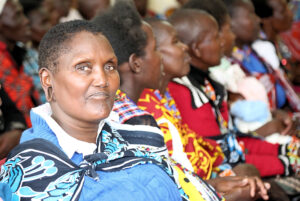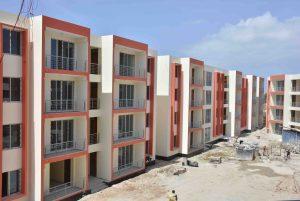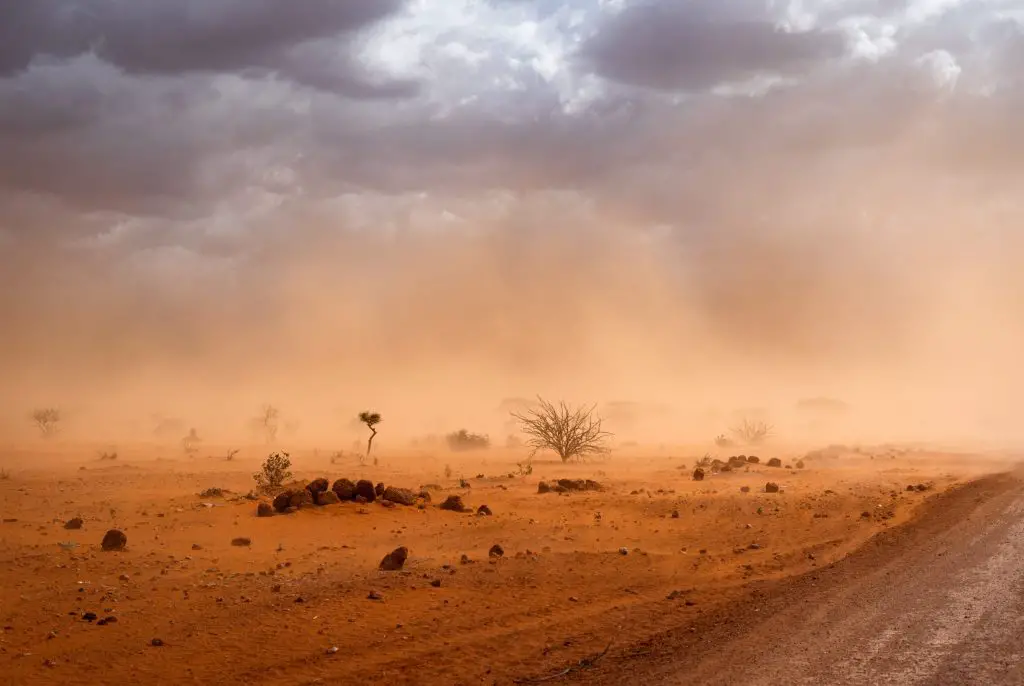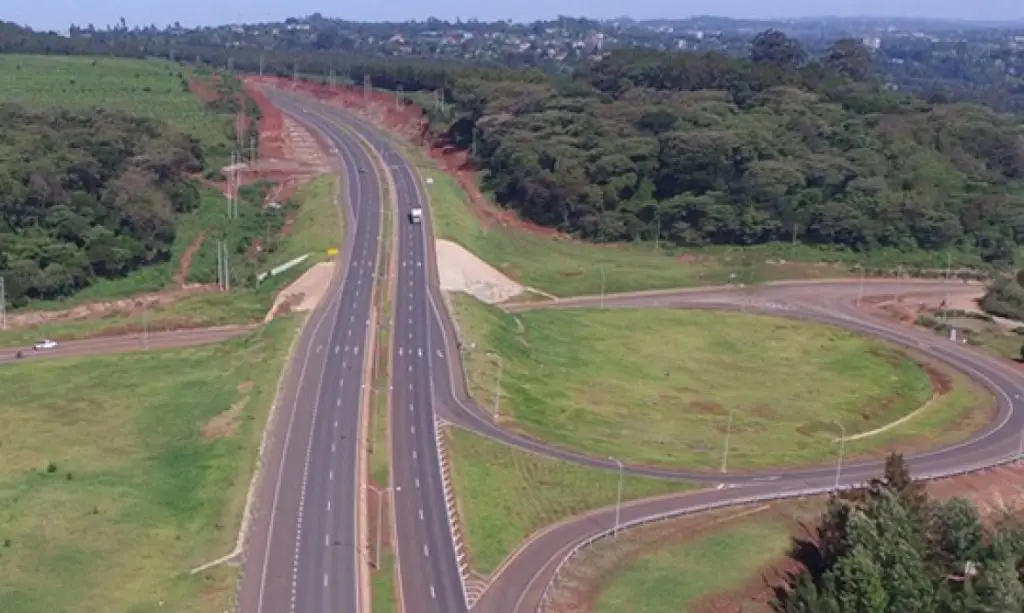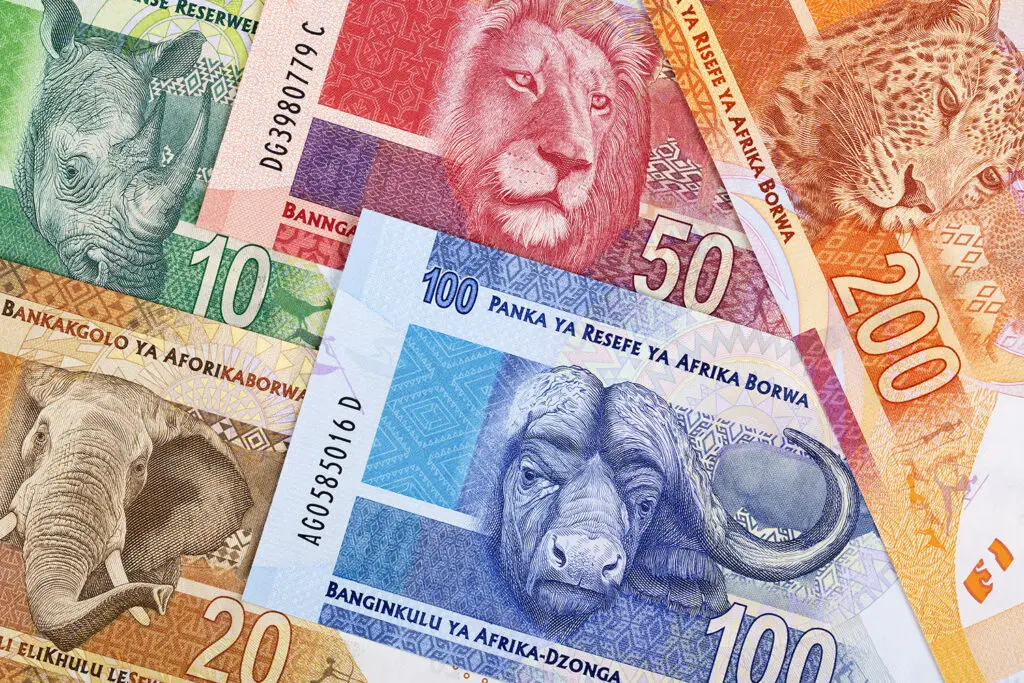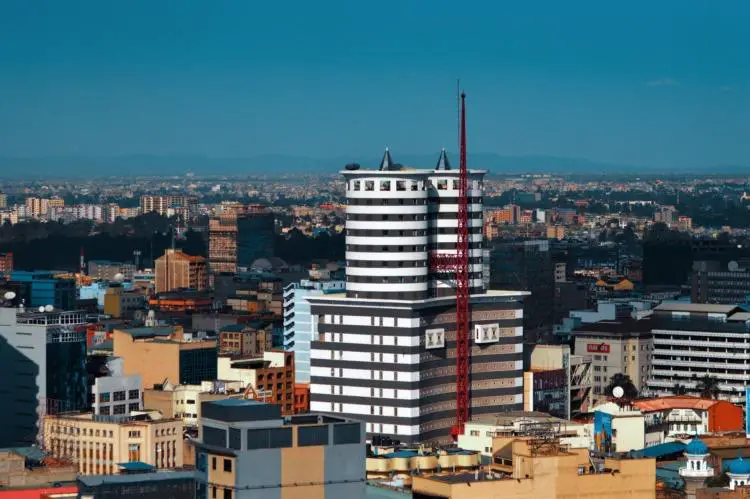- AfDB commits $2 billion to revolutionise clean cooking in Africa, save forests
- The harsh realities of family laws for African women revealed
- Kenyan home buyers shift preferences, seek affordable housing despite market downturn
- How startup Yeeo is shaping the future of business contacts with eco-friendly innovation
- Stakeholders in Nairobi seek to unlock Kenya’s green jobs potential
- Alarming surge in online child exploitation sweeps Africa
- Beijing tightens China-Africa grip as trade rivals US, Russia seek bigger slice
- Exploring the Forex CFD Trading Landscape in Africa in 2024
Browsing: economic growth
The shrinking economy and resulting unemployment have given birth to an informal economy that has spiralled out of control. Treasury and monetary authorities have been at pains to find ways they can tax the informal sector. The informal economy is difficult, if not impossible, to absorb into the formal economy or to include in the tax pool from which the government can draw revenue.
As the formal economy shrinks, so has Zimbabwe’s effective tax revenue stream, and this problem can only be arrested and mitigated by a growing economy.
An economy characterized by slow or negative growth makes it more difficult for the government to repair its finances. This is because there is a positive relationship between a country’s tax pool and the growth of the economy. A shrinking economy brings with it the added cost of having to provide social safety nets for the vulnerable members of its society.…
Changes in the global food chain provide essential opportunities to enhance the profile of integrated thinking in Africa. Because these measures will benefit the whole planet, a collective responsibility remains necessary. Landscape-based initiatives and the scaling out of agro-ecological systems and restorative agriculture must be prioritized by African member states.
There should be cross-border collaborations in critical landscapes. Non-African partners and enterprises must also invest in regional systems strategies, focusing on yield and advancing all ecological systems. As investment in Africa’s agricultural industry grows, steps must be taken to avoid negative environmental consequences.
Everyone wants to live in a world with a healthy planet and people and planet. In Africa, this means people with access to healthy diets, economic growth, and development possibilities while interacting with the continent’s unique natural environments.…
Africa’s road infrastructure remains essential for landlocked countries, where opening manufacturing zones are needed. Reliable road transport is required for businesses to import and export goods, complete orders, and procure supplies.…
The practical implementation of the AfCFTA, the expanding middle class, the evolving consumer market, enhanced use of financial technology and services, and the efficiency of the vibrant private sector will all be enablers of African export diversification and long-term economic growth.…
- The economy is now projected to grow by 4.6% during 2022, a downward revision from the original 5.5% projection
- Reserve money stock has increased to ZW$33.6 billion as of June 30, 2022.
- Merchandise exports and imports increased by 33% and 15% to US$3 516.5 million and US$3 746.8 million. Exports are expected to reach US$7.3 billion
- The country is doing well in terms of budget transparency and is now ranked third in Africa, after South Africa and Benin.
Zimbabwe’s Finance and Economic Development Minister, Mthuli Ncube, presented the 2022 supplementary budget on Thursday amid skyrocketing inflation that has since eroded this year’s national budget.
This is the first time that Minister Ncube has presented a supplementary budget since he was appointed Finance Minister by President Emmerson Mnangagwa in 2018.
The economy is now projected to grow by 4.6% during 2022, a downward revision from the original 5.5% projection, and follows …
Infrastructure development continues to be a vital driver of foreign direct investment (FDI) since logistics are so necessary for global business development, mainly e-commerce, which is now a significant generator of income and jobs at home and abroad.…
World Bank further notes that the unified digitisation of the East African economy is estimated to generate up to a US$2.6 billion boost in GDP and 4.5 million new jobs that will largely benefit those at the bottom of the pyramid.
Data by GSMA reveals that by the end of 2020, 495 million people subscribed to mobile services in Sub-Saharan Africa, representing 46 percent of the region’s population, an increase of almost 20 million on 2019.
GSMA revealed that smartphone connections will more than double by 2025 in Sub-Saharan Africa with the East African Community registering the largest incremental growth, led by Rwanda and Tanzania. …
Enock Godongwana, South Africa’s finance minister appeared at ease for a man delivering his maiden budget speech. A speech whose pronouncements can send the markets soaring or sinking. A lot was riding on this, but the man seemed casual and affable during the delivery of his address he occasionally addressed the members of parliament by name and spoke in his native Xhosa language.
A lot was indeed riding on his presentation today the 23rd of February 2022. The primary expectations of the speech from stakeholders are whether the treasury chief’s plan for 2022 will stimulate economic growth and foreign direct investment. Each South Africa needs urgently.
The finance minister began his address by affirming his commitment from his midterm budget speech to the reconstruction and recovery of the economy and by extension saving lives and livelihoods.
Very noble aspirations and themes. This message is needed by citizens who have grown …
Business activity in Kenya in November expanded at the fastest rate in 10 months following the lifting of the 10 pm to 4 am curfew.
This is according to a survey conducted by Stanbic Bank which reveals that domestic demand increased rapidly in response to the lifting of the curfew, with the main beneficiaries being firms in services, trade and construction.
As such, firms enjoyed a sharp increase in demand through the lifting of curfew measures.
The Purchasing Managers’ Index also noted that there was a solid and accelerated upturn in output levels across the Kenyan private sector economy in November.
Respondents of the survey said that the lifting of the national curfew had led to increased economic activity and customer demand.
However, some firms continued to report cash flow problems.
The survey also noted that the pace of output growth was the fastest seen since May, driven by expansions …
A blue bond is a relatively new form of a sustainability bond, which is a debt instrument that is issued to support investments in healthy oceans and blue economies, wherein earnings are generated from the investments in sustainable blue economy projects.
According to IDB Invest, Blue bonds can raise capital for projects and companies seeking to have a direct impact on the ocean and water-related issues while advancing in social inclusion, economic growth, environmental protection, and the broader 2030 agenda.
The World Bank is the biggest multilateral funder for ocean and water projects in developing countries and is committed to working with investors to highlight the critical need to support the sustainable use of ocean and marine resources which inarguably includes better waste management. …

